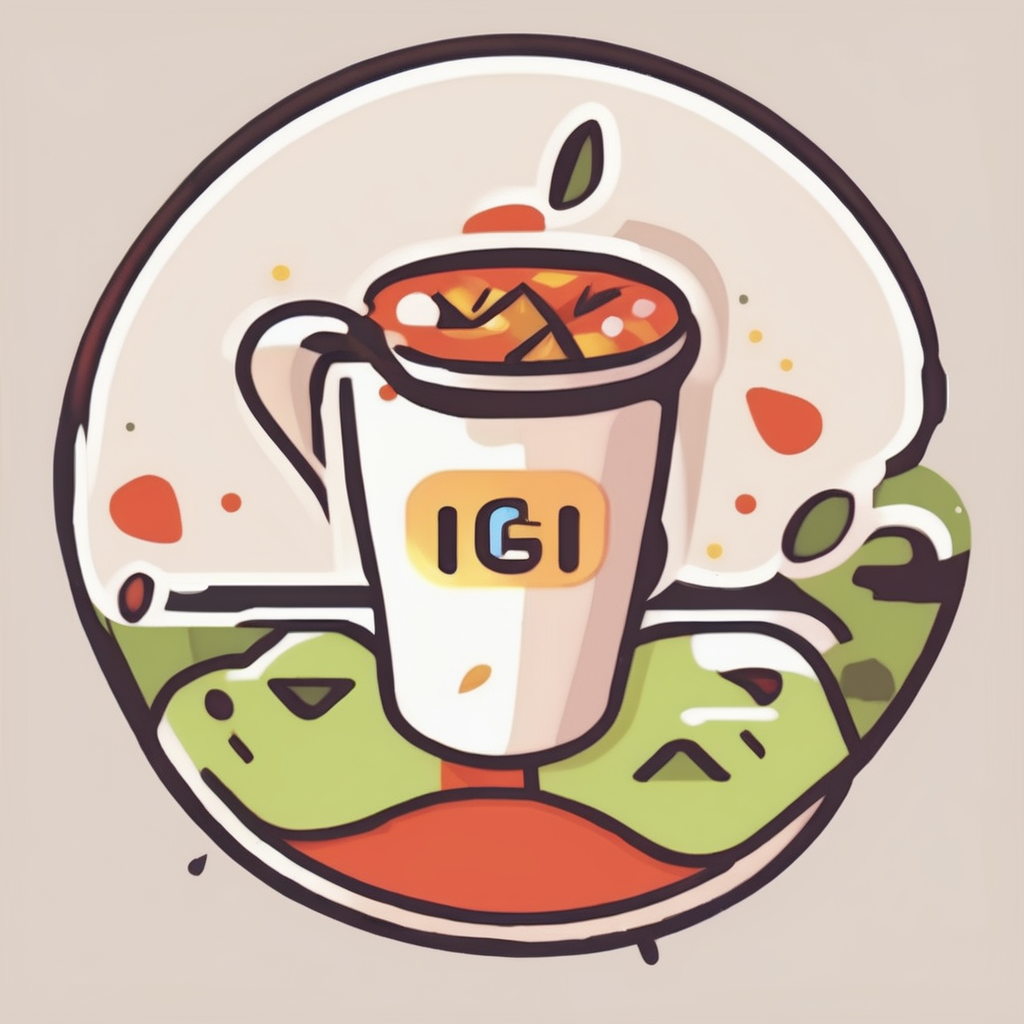Anxiety affects millions, often leaving them searching for effective solutions. This comprehensive list of 93 resources offers practical tools across books, apps, therapy, courses, and lifestyle changes. Whether seeking expert guidance or self-help strategies, these carefully selected options support lasting calm and personal growth. Empower yourself with proven methods to manage anxiety and embrace peaceful living every day.
Essential Self-Help Books for Anxiety Management
Small but powerful tools on your bookshelf
In parallel : Unlocking Heart Health: The Benefits of High-Intensity Interval Training for Cardiovascular Wellness
Anxiety books serve as an invaluable self-help resource for anyone looking to manage anxiety proactively. These mental health readings equip readers with practical strategies, insightful concepts, and a deeper understanding of anxiety’s roots and manifestations. For example, many anxiety books outline cognitive-behavioral approaches that empower individuals to identify and challenge anxious thought patterns, reducing stress and enhancing emotional resilience.
One of the core advantages of using anxiety books is their accessibility. Whether accessed via direct purchase or at a library, these self-help resources provide consistent guidance that can be revisited whenever needed. Importantly, anxiety books often break down complex psychological theories into relatable language, making mental health reading both approachable and actionable.
Also read : Your essential anxiety checklist: 93 tools for peaceful living
If you’re wondering how to pick the right anxiety books or what to expect from them, the main goal is usually to blend theory with practice. Most recommended anxiety books include exercises such as mindfulness meditation, relaxation techniques, and journaling prompts. These key concepts help transform anxiety management from abstract advice into daily habits, fostering lasting improvements.
For individuals seeking specific tools and a comprehensive approach to anxiety, consulting an Anxiety Checklist alongside informed reading enhances the journey. This list complements self-help resources and mental health reading by pinpointing immediate coping strategies and long-term wellness planning.
By exploring a selection of carefully curated anxiety books, you open a gateway to better understanding and effectively managing anxiety in your life.
Top Mobile Apps and Tools for Daily Calm
When managing anxiety, anxiety apps serve as a powerful ally by providing accessible, user-friendly support right from your smartphone. These tools combine modern stress relief technology with mindfulness tools to help users achieve a sense of calm in daily life.
Among the top-rated anxiety apps, some standout for their intuitive interfaces and evidence-based techniques. Features often include guided meditations, breathing exercises, mood tracking, and progress metrics that personalize your journey toward stress relief. High usability is key; apps that seamlessly fit into your routine tend to promote consistent relaxation practices.
Many apps offer a free version with basic capabilities, while subscription options unlock advanced features such as extended meditation libraries, professional consultations, and real-time anxiety management tools. This tiered approach allows users to test the app’s effectiveness before committing financially.
For those seeking comprehensive and straightforward solutions, combining mindfulness tools with stress relief technology provides practical, on-the-go support. To make an informed choice, consider your specific anxiety triggers and daily habits. Additionally, consulting an Anxiety Checklist can help identify personalized needs and match them with the right app features.
Leading Therapy and Counseling Resources
Explore trusted options for professional mental health support
Finding therapy for anxiety can feel overwhelming, but knowing where to start makes a big difference. A variety of counseling resources exist, both online and in-person, designed to provide professional help tailored to individual needs. Reliable directories list licensed therapists, psychologists, and counselors specializing in anxiety disorders, ensuring access to quality care.
Among the most effective approaches are Cognitive Behavioral Therapy (CBT) and Acceptance and Commitment Therapy (ACT). CBT focuses on identifying negative thought patterns and replacing them with healthier ones, proving highly effective for anxiety management. ACT encourages mindfulness and acceptance strategies, helping clients live in the moment despite anxiety symptoms. Group therapy offers peer support and shared experiences, while teletherapy expands accessibility, allowing users to connect with professionals remotely—a crucial option in today’s digital age.
To find qualified mental health professionals, begin by verifying their credentials and specializations. Check for licenses and reviews when possible. Utilize therapy directories or ask for recommendations from healthcare providers. Remember, the process may involve trying different therapists or approaches before finding the perfect fit. For those concerned about initial steps, using an Anxiety Checklist can also guide understanding symptoms and therapy needs effectively.
Online Courses and Educational Platforms
Discovering the right anxiety courses through trusted online learning platforms can significantly bolster your coping skills. These courses provide structured guidance tailored to help individuals manage and reduce anxiety effectively.
Many platforms offer both free and paid coping skills programs, catering to various learning preferences and budgets. Free courses often introduce fundamental strategies for anxiety management, while paid options dive deeper into techniques such as cognitive-behavioral therapy, mindfulness, and stress reduction methods.
The key benefits of enrolling in these anxiety coping skill courses include:
- Access to expert-led tutorials and interactive content
- Flexible pacing tailored to individual schedules
- Practical exercises designed to reinforce coping mechanisms
Enrollment is typically straightforward, with most platforms requiring simple sign-ups. Choosing a course aligned with your specific needs helps ensure a more impactful learning experience. To enhance your journey, consider integrating lessons from an Anxiety Checklist to identify triggers and track progress.
Support Groups and Community Networks
Connecting with anxiety support groups can be a powerful step toward managing anxiety. These groups come in two main forms: in-person meetings and virtual communities. In-person anxiety support groups provide direct interaction, often fostering a sense of safety and understanding through face-to-face connection. Meanwhile, virtual anxiety support groups offer flexibility and accessibility, allowing individuals to join from home, which can be particularly valuable for those who find leaving their environment challenging.
Peer support is a cornerstone of these communities. Many anxiety support groups are peer-led, meaning that members share similar experiences and provide empathetic guidance without professional intervention. This dynamic creates a supportive space where people feel heard and understood without judgment. Forums and online chat groups also offer anonymity, a key benefit enabling participants to open up more freely about their struggles.
Accessing these community resources typically involves reaching out to local organizations or searching online directories for anxiety support groups. Libraries, health clinics, and mental health centers often have listings for community resources tailored to anxiety. Finding the right peer support group helps mitigate feelings of isolation by connecting people to shared experiences, promoting emotional relief and learning through collective wisdom.
For anyone exploring these options, considering both in-person and virtual anxiety support groups can provide a comprehensive support system. Discovering multiple community resources increases the chances of finding a group that fits individual needs, schedules, and comfort levels. Accessing peer support in this way strengthens coping strategies and builds resilience alongside others facing similar challenges.
Mindfulness and Meditation Strategies
Mindfulness resources and meditation for anxiety offer powerful avenues for managing stress and enhancing emotional well-being. Research shows that practicing mindfulness regularly can significantly reduce symptoms of anxiety by promoting present-moment awareness and breaking the cycle of anxious thoughts. Evidence-based meditation techniques focus on breath awareness, progressive muscle relaxation, and body scans, each helping to calm the nervous system.
Guided meditations and audio/video resources provide accessible tools for beginners and experienced practitioners alike. These resources often include calming narrations, soothing music, or nature sounds, which facilitate deeper relaxation and concentration. For example, spending just 10 to 20 minutes daily engaging in guided meditation can markedly improve stress reduction and foster resilience.
Understanding how mindfulness aids peaceful living is crucial. Mindfulness encourages observing thoughts without judgment, which reduces reactive patterns and helps cultivate a calm, balanced mindset. Incorporating these techniques supports long-term emotional health and enables individuals to respond to anxiety triggers more effectively. For those seeking structured support, referencing the Anxiety Checklist offers a comprehensive array of strategies and tools to complement mindfulness and meditation practices.
Physical Health and Lifestyle Interventions
Building a foundation for anxiety management through daily habits
The role of lifestyle changes in managing anxiety cannot be overstated. Making targeted adjustments in exercise, nutrition, and sleep routines significantly impacts both the severity and frequency of anxiety symptoms. Research consistently shows that regular exercise for anxiety serves as a natural anxiolytic by releasing endorphins and reducing stress hormones. Moderate aerobic activities such as brisk walking, swimming, or cycling for at least 30 minutes a day, five times a week, effectively alleviate anxiety symptoms.
Nutrition and sleep are equally crucial for maintaining mental balance. Balanced diets rich in whole grains, lean proteins, and omega-3 fatty acids contribute to brain health, while excessive caffeine and sugar can exacerbate anxiety. Sleep disturbances often accompany anxiety disorders; thus, establishing a consistent sleep schedule and practicing good sleep hygiene like reducing screen time before bed can improve overall mood and reduce anxiety levels.
To integrate these interventions holistically, planning resources and routines can help. For example, a weekly exercise calendar encourages commitment to physical activity, while meal prepping supports nutritional goals. Adopting these healthy habits fosters a stronger sense of control over anxiety, contributing to sustained well-being and tranquility.
Relaxation and Breathing Techniques
Small changes in your daily routine can make a significant difference when it comes to managing anxiety through relaxation techniques and breathing exercises. A straightforward method like guided breathwork is both accessible and effective, allowing anyone to regain calm within minutes. For example, focused deep breathing—slow inhales followed by longer exhales—can activate the parasympathetic nervous system, reducing heart rate and stress levels almost immediately.
Many people ask, “What are the best breathing exercises for quick relief?” The answer is to start with simple practices such as diaphragmatic breathing or box breathing, which are easy to learn and apply anywhere. These exercises do not require special tools or settings, making them practical calming practices you can incorporate into your workday or before sleep.
To integrate these techniques into your routine, consider short sessions in the morning or evening, or even a brief pause between tasks. Doing so regularly strengthens your body’s ability to manage stress naturally. Instructional content, from videos to apps, offers clear tutorials on how to perform these exercises correctly, ensuring you benefit fully from each session.
Professional Organizations and Research-Based Information
Explore reputable mental health sources to deepen your knowledge about anxiety and access trustworthy guidance. Several professional organizations specialize in anxiety research, offering educational resources grounded in the latest evidence. For instance, institutions like the Anxiety and Depression Association of America (ADAA) and the National Institute of Mental Health (NIMH) provide extensive materials including up-to-date research articles, treatment guidelines, and practical anxiety management techniques.
When searching for reliable information, prioritize materials from these authoritative organizations. These sources often publish peer-reviewed studies and detailed analyses that reflect the current state of anxiety research. They also provide summaries and guides to help individuals and professionals understand complex findings in straightforward ways.
Staying current with evidence-based practices is essential in the evolving field of mental health. Regularly consulting educational resources from reputable bodies ensures you receive accurate and effective strategies for managing anxiety. This approach minimizes exposure to misinformation and promotes mental wellness grounded in scientific knowledge. For comprehensive support, consider reviewing tools and checklists developed by experts, such as the Anxiety Checklist, which compiles proven methods for peaceful living.
Personal Growth and Holistic Well-Being Resources
Exploring personal development alongside anxiety management offers a powerful approach to achieving lasting peace. Long-term self-growth thrives when integrated with strategies that nurture holistic mental health. This means not only addressing symptoms but also cultivating practices that enrich your entire well-being.
One effective way to promote holistic mental health is by incorporating creative and purposeful activities into daily life. Engaging in art, journaling, or mindful movement fosters emotional expression and clarity, helping to reduce stress and enhance mental resilience. Purposeful hobbies provide a sense of accomplishment and meaning, which are fundamental for sustainable personal development.
To support these efforts, it’s beneficial to utilize tools and frameworks designed for peaceful living. These resources often combine cognitive techniques with lifestyle adjustments that encourage balance and self-awareness.
By embracing holistic mental health principles and integrating creative activities, individuals equip themselves with a robust foundation for growth. This approach not only alleviates anxiety but also fosters a fulfilling, well-rounded journey toward mental wellness and personal empowerment.











